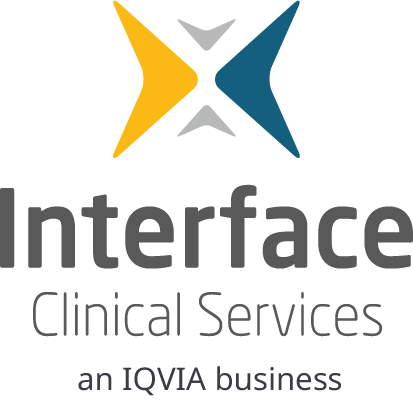QOF Disease Prevalence Coding Support
![]()
Our Clinical Pharmacists are now able to offer coding support across a number of QOF domains

The study also showed that nVNS treatment significantly reduced the total number of GP appointments and hospital referrals required by these patients. A second poster presented by the York Health Economics Consortium (YHEC), supported by a grant from the Yorkshire and Humber Academic Health Science Network, calculated the study was cost-effective.
The research has found that up to 66 percent of patients who suffer from at least three of the following conditions, primary headache, gastric motility disorders, anxiety, depression, and widespread chronic pain, experienced an improvement in their overall health following a medication review and after they started nVNS treatment with electroCore’s gammaCore device. Sixty percent of adult primary headache patients have one or more other medically unexplained symptoms[1].
Approximately 25 percent of all GP consultations, and 25 percent of all hospital referrals, are generated by 10 percent of the 18 to 70-year-old UK patient population who suffer from multiple medically unexplained symptoms. As a result of the study there was a 19 percent reduction in the number of GP appointments attended by the patients, and a 23 percent reduction in their number of hospital referrals.
This study comes in the light of recently published NICE guidelines describing the need to optimise the care received by patients with multimorbidity. NICE chairman Professor David Haslam commented, “actually now many patients have multiple problems. People don’t die but live with multiple diseases. Now we need to build care around these people – and the vital increasing role of the generalist comes along with this.”[2]
The study was carried out in seven primary care practices across the UK by expert pharmacists from Interface Clinical Services. A total of 233 patients, who used the gammaCore nVNS device alongside their existing treatments, were assessed after periods of eight weeks and 40 weeks using the EQ-5D-5L quality of life index. Patients reported less pain and discomfort, and improved ability to perform their normal daily activities, as well as lower levels of anxiety and depression.
Patients were asked to self-administer three nVNS doses per day, with each dose equalling two minutes of electrical stimulation to the vagus nerve. Interface pharmacists provided training to patients on how to use the gammaCore device. The patients found the therapy very easy to use at home, and reported no serious side effects.
Dr. James Ward, GP and GPwSI in Headache at Oaklands Health Centre, West Yorkshire, said, “We introduced this service into practice in 2014 and as a result have improved the way we manage patients with complex medically unexplained symptom multimorbidity. Whilst the patients are benefiting from having a better quality of life, we as GPs benefit from knowing that patients feel empowered to better manage their health at home.” Copies of both posters presented at ISPOR can be found below.
![]()
Our Clinical Pharmacists are now able to offer coding support across a number of QOF domains